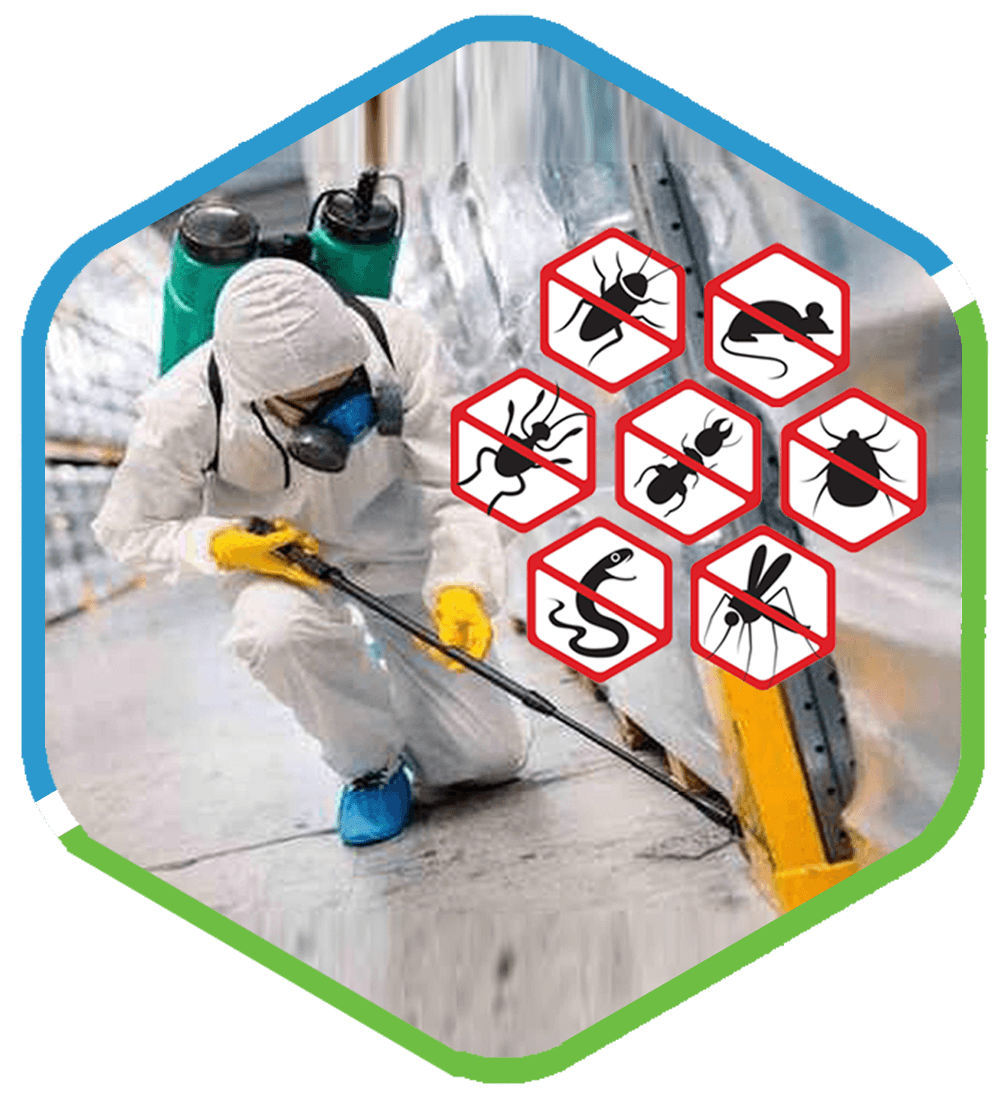As someone who loves gardening, one of the most fulfilling experiences is seeing your plants thrive and flourish. However, the peaceful allure of a carefully maintained garden can rapidly be interrupted by the presence of nuisance insects. Whether it's aphids nibbling on the roses in your garden or hungry caterpillars your vegetables, knowing how to effectively manage these unwanted visitors is vital for ensuring a flourishing garden. In this guide, we'll discuss strategies for pest management that protect your plants while maintaining your garden eco-friendly.
Identifying the typical pests that target gardens and their behavior is the first step in stopping infestations. Many gardeners select natural pest control solutions that are safe for both the flora you tend to and pollinators. By putting into practice the right strategies, you can enjoy the charm of your garden without the fear of pests infiltrating. In the next chapters, we will delve into different techniques to keep your plants safe and vibrant, guaranteeing your garden remains a venue for enjoyment throughout the seasons.
Crucial Pest Prevention Tips for Horticulturists
To maintain a thriving garden, it is important to apply successful pest control strategies that shield your vegetation while lessening harm to the ecosystem. Start by encouraging beneficial insects such as ladybugs and hoverflies, which naturally combat common pests. Growing flowers like marigolds and tropaeolum can attract these allies and provide a ecological balance. Additionally, explore incorporating companion planting, where specific plants are cultivated closely together to discourage specific pests.
Routine inspection of your garden is vital for prompt identification of pest issues. Examine your garden often for signs of infestation, such as damaged leaves or yellowing foliage. Immediate action can prevent a tiny problem from becoming into a more significant one. If you spot pests, use a soft soap solution or neem oil as a organic treatment alternative. These remedies are potent yet safe for the majority of beneficial insects when applied properly.
Preemptive measures are essential to keeping pests at bay. Changing crops each season can interrupt pest cycles and reduce the risk of pest outbreaks. Additionally, upholding healthy soil through soil enrichment and mulching fortifies plants, making them less prone to pest attacks. Ensure that you are irrigating appropriately and only as needed, as excess watering can draw pests like slugs and snails. By adhering to these essential tips, you can cultivate a healthy and blooming garden without detrimental pests.
Natural and Eco-Conscious Strategies
When it comes to dealing with pest control in your garden, many gardeners are searching for methods that are not only effective but also harmful-free for the environment. One of the easiest ways to avoid pests is to encourage beneficial insects that prey on them. Lacewings, green lacewings, and predatory wasps are great allies in the fight against frequent garden pests. By planting a diverse range of plants and spices, you can attract these helpful insects and form a harmonious ecosystem that lessens pest issues.

Essential oils are an additional powerful tool in natural pest control. Oils such as peppermint, lavender, and tea tree are known for their pest-repelling properties. Mixing a few drops of these oils with water and a little amount of liquid soap can create an effective spray that helps keep away unwanted garden visitors. Be certain to try any spray on a small area of your plants at first to ensure there are not any negative effects. Termite control Queen Creek during high pest season can significantly diminish infestations.
Lastly, incorporating physical deterrents can provide an eco-friendly solution to pest problems. Row covers, nets, and even simple handpicking can protect your plants without the need for the use of chemicals. These methods are particularly effective against bigger pests like larvae and bugs. Routine maintenance, such as clearing debris and ensuring plants vigorous, also plays a crucial role in minimizing pest attraction in your garden. Together, these natural solutions can form a thriving garden that stays pest-free while being kind on the planet.
Seasonal Pest Management Methods
Early spring is a critical time for pest control, as increased temperatures awaken dormant insects. To defend your garden, begin by carrying out a thorough examination of your plants for early signs of pests like whiteflies or larvae. You can utilize natural pest management solutions such as neem oil or insecticidal soap to manage infestations before they intensify. Additionally, keeping proper plant spacing and establishing adequate air movement can hinder pest growth. Frequently getting rid of debris and dead plant material also contributes reduce possible breeding grounds for harmful insects.
As the warm months rolls in, the warmth brings a different set of problems. Mosquitoes and ants can become especially troublesome during this season. To keep these pests at bay, look into using repellents and traps specifically made for them. You can also invite friendly insects like ladybird beetles and green lacewings to your garden, as they hunt common pests. Verify that stagnant water is removed to reduce mosquito and keep up with routine garden maintenance to deter pest infestations.
When fall arrives, pests begin seeking shelter from the cold, making it vital to pest-proof your garden and home. Close cracks and crevices around windows and doors to stop invasion. Indoors, store food in sealed containers to deter rodents and pantry pests. Pay close attention to your garden, removing spent plants and debris that could attract overwintering insects. By adopting Ozone Pest Control Queen Creek throughout the year, you can maintain a healthy garden and shield it against unwanted pests all year.
